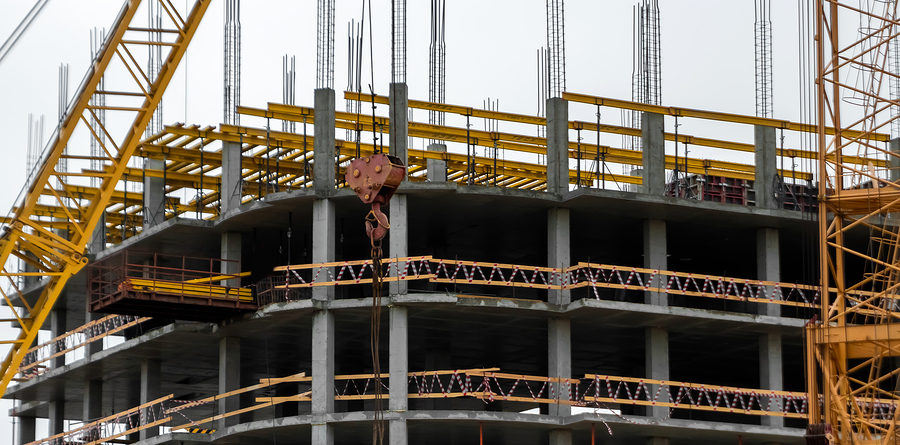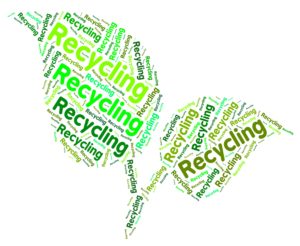Metal ore is one of the most valuable and applied resources on Earth. From art and education, to science, building, construction, and more, the applications for metal are wide-ranging, thus making its possible uses virtually endless. There are two main categories of metal, one of which contains iron, and the other does not. These are referred to as ferrous and nonferrous metal.
Continue reading to learn the various attributes and common applications of both ferrous and nonferrous metal.

Ferrous Metal
Ferrous metal is any metal that contains iron. Carbon steel, stainless steel, cast iron, wrought iron, mild steel, and any other forms of iron alloys are examples of ferrous metals. Since ferrous metal is very strong and durable, and retains magnetic properties, it is commonly used to manufacture or construct things that can resist corrosion and remain strong and stable.
Ferrous metal is used to make everything from skyscrapers to drill bits, and more. Large-scale piping, cars, trucks, yachts, planes, construction and farming equipment, motors, industrial containers, rail roads, and more are common large-scale commodities built from ferrous metals. Smaller items include everything from kitchen knives, to power tools, electrical appliances, and more.
Nonferrous Metal
Nonferrous metal is metal that does not contain any iron content. Examples of non-iron containing metals include copper, nickel, aluminum, brass, lead, tin, and zinc. Precious metals are also nonferrous, including gold, chromium, tungsten, silver, zirconium, mercury, cobalt, bismuth, cadmium, beryllium, and more.
Nonferrous metals are used for their malleability and versatility. They also have a higher resistance to rust and corrosion because they do not contain any iron compounds. Jewelry, electrical wiring, canning, window frames, road signs, electrical fittings, pipe work, batteries, roofing, and millions of other items are made from nonferrous metal materials.
Testing for Iron Alloy
One of the easiest methods to determine if an item contains ferrous metal is to use a magnet. If the magnet sticks, it is made with ferrous metals like iron and steel. If the magnet does not stick, then it is made mostly or entirely of nonferrous metals like copper or aluminum. If the magnet pulls slightly but does not stick or stay, it is likely that the item is made from both ferrous and nonferrous metals.
Where to Sell Scrap Metal in Indianapolis
Call Zore’s Recycling at 317-244-0700 to sell scrap metal in Indianapolis, Indiana. Our scrap metal buyers pay top dollar for all metals, regardless of age or condition. We buy vehicles, equipment, sheet metal, electrical wiring, computers, auto parts, power tools, appliances, and much more. And we guarantee to pay you cash on the spot!




